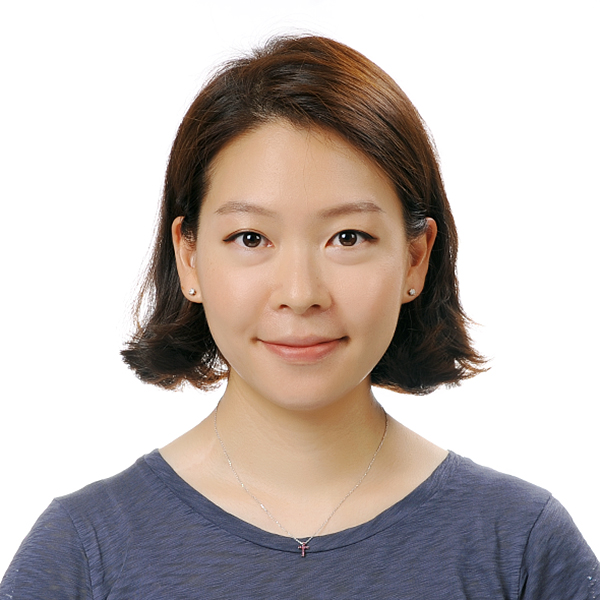
Susie Cho was the de Tornyay Center’s 2020 Myrene C. McAninch Doctoral Scholar. A PhD student, Cho’s project was ‘A Qualitative Thematic Analysis of the Facilitators and Barriers to Self-care Practices in Care Partners of People Living with Dementia’ and faculty mentor was Tatiana Sadak.
Why did you choose nursing?
I was fond of what my grandfather did as a physician and so I would always go into his clinic whenever I had a chance. I think my admiration for what my grandfather did as a healthcare provider led me to go into health care and more specifically, nursing.
What has been an unforgettable experience during your time at the school of nursing?
The most unforgettable experience would be my first year of the Ph.D. Program. It was exciting to meet students from different fields studying different things and even from different countries. We would often talk about our goals and the passion that led us to enter this program. One of the most outstanding commonalities we had was that we were all on the same boat going through a drastic change from being a clinician to becoming a researcher. It was encouraging to have those colleagues. The memories that I have from my first year of the program are especially unforgettable because we don’t get to see each other as often as we want these days.
What made you want to transition into research?
I was heavily trained as a clinician before I entered the Ph.D. program. I noticed that I was asking myself more theoretical questions, which required me to think more philosophically. I wasn’t able to answer those questions because I didn’t have the right tools or know how to approach scientific questions. For these reasons, I transitioned into research that allowed me to expand my knowledge to a broader field of nursing as well as in psychology, sociology, and other relevant areas.
What kinds of questions?
I’m interested in palliative care and integrating that into the patients’ care trajectory, especially in patients with advanced cancer. Some questions are around when does one realize one’s terminality, especially when making decisions related to palliative and end-of-life care? And what accounts for such differences between individuals and within the same person at different times of life?
Could you describe your project with the de Tornyay Center?
It is a secondary data analysis study developed as a part of a larger study on a tool called “Managing Your Own Wellness (MYOW).” MYOW is a comprehensive measurement tool that intends to capture care partners’ self-care behaviors of people living with dementia (PLWD). Some of the questions that they asked during the interview were: How is your self-care practice? How are you doing it? Is there anything that’s preventing you from doing it? Is there anything that facilitates it? I’m taking that part of the interview data and analyzing the themes that emerge from the data.
Has there been anything that’s surprised you while working on the project?
The most prominent thing that arose while immersing myself in the interview data was how the care partners perceived their own self-care practices. Interestingly, the caregiver’s self-care practices’ main focus was heavily dependent on the caregiving they provided. Contextualizing the caregiving situation was critical in understanding the caregiver’s self-care behavior. Some found themselves too accustomed to taking care of the care recipient to the point where it was confusing to talk about their self-care practices without separating themselves from caregiver responsibilities.
What interested you in this topic?
I think it was the focus on the care partners. I, as a clinician, had encountered multiple situations where I had to counsel the care partners who take care of a PLWD. As soon as I heard that it was a study that focuses on the care partners and how they take care of themselves, that interested me.
Why is this work important?
While being involved in this study, I realized how much the healthcare system relies on the care provided by nonprofessional caregivers, such as spouses and children of the PLWDs. Existing data also confirm that nonprofessional caregivers play a vital part in the well-being of the dementia population. I think that’s why shedding light on their responsibilities and what that entails is important for the community’s overall health.
What interests you about healthy aging?
I’ve been taking care of older adults throughout my professional nursing career. I have always enjoyed learning from their life experiences. Also, I have always wanted to interpret their stories to help them create an environment where they can enhance their well-being.
How has your experience at the school of nursing helped your career trajectory?
There are several opportunities to do hands-on research. One is doing independent studies and being involved in research studies conducted by faculty in the School of Nursing. We learn a lot by taking courses, but they’re less practical unless we apply them in an actual research environment. The opportunities have helped me learn more about: How do we collect data? How can I analyze this? What are the processes of publication? How do we work as a team? And a lot more.
What are your plans after graduation?
I envision myself in a position where I can do research and teach nursing students and assist them in becoming nursing scholars.